What's New
STAY UP TO DATE ON THE WORLD OF WATERFOWL HUNTING
Delta is your source for up-to-date news, podcasts, hunting strategies, recipes, duck dog stories, and hunting gear. And this is the place to nerd out with the top experts in waterfowl biology in Delta's exclusive "Duckology" segments.
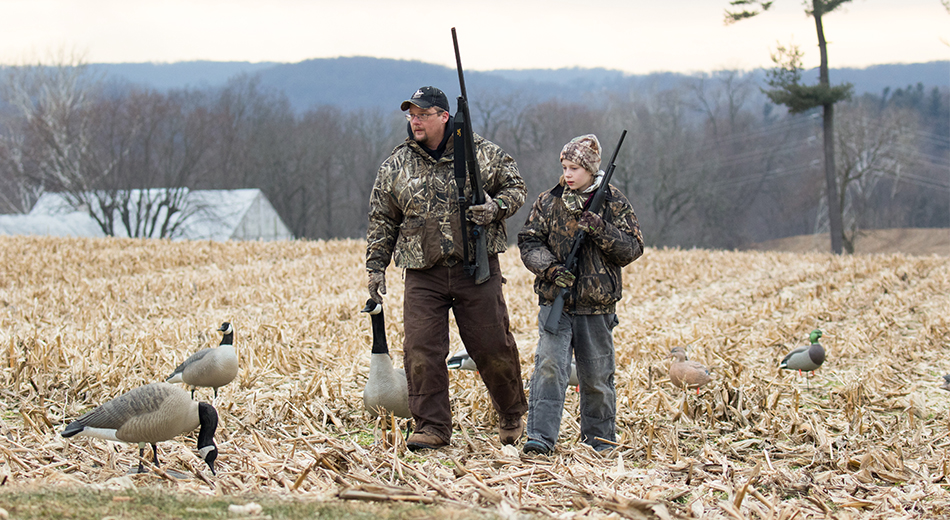
Delta Waterfowl Celebrates Passage of Sunday Hunti...
7/1/2025
Gov. Josh Shapiro is expected to sign bill into law to allow hunting every day of the week
Read More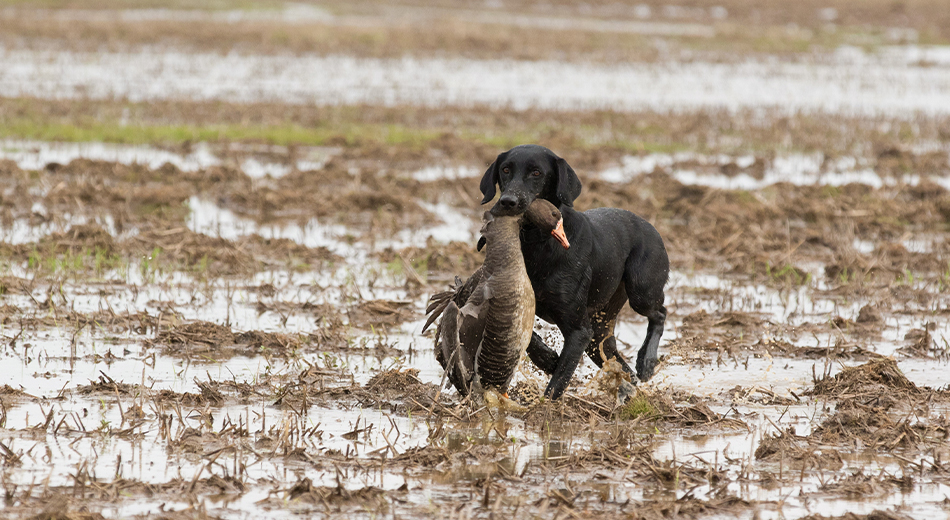
Delta Waterfowl Applauds Louisiana Governor and Le...
6/27/2025
Measures will restore and create critical wintering waterfowl habitat to attract and hold more ducks and geese
Read More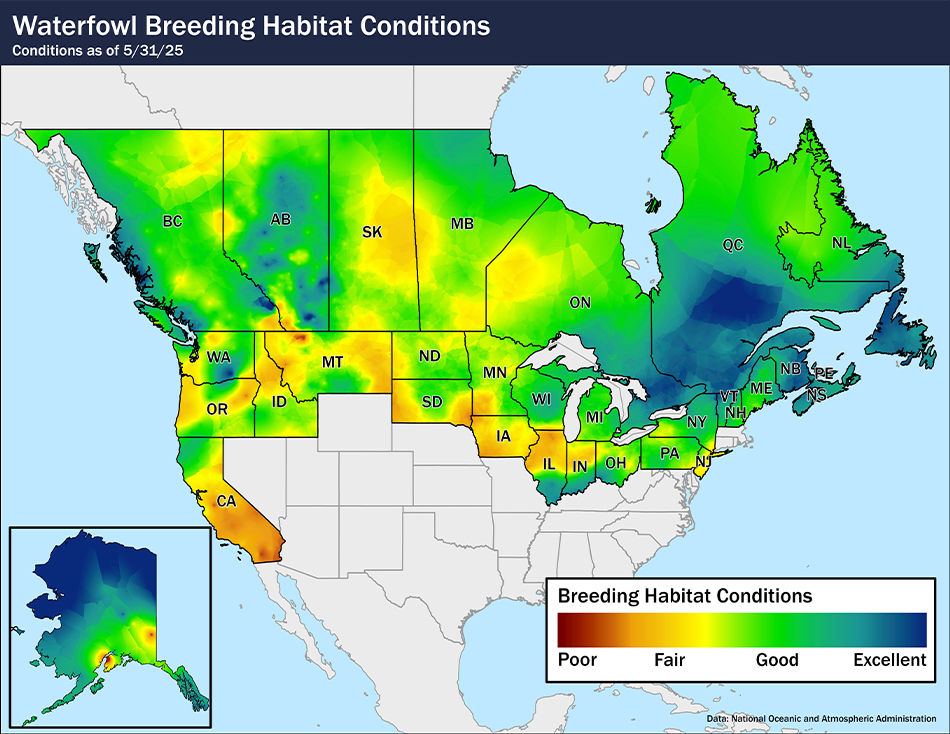
Waterfowl Breeding Habitat Conditions Update As of...
6/20/2025
Widespread rains during May—a critical month for duck production—brought welcome relief to much of the Prairie Pothole Region, particularly in parts of
Read More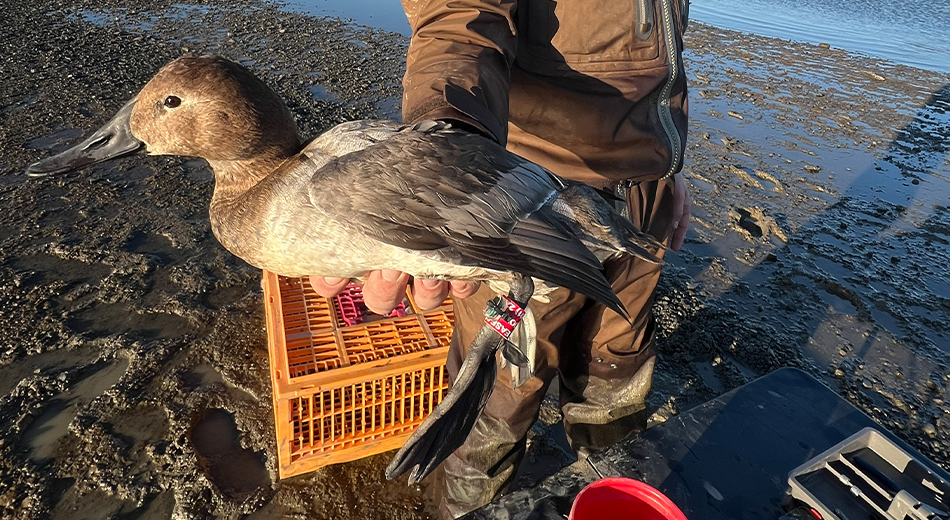
Canvasback Study Seeks Population ‘Sources’ and ‘S...
6/20/2025
Researchers began fitting hens with geolocator devices this spring
Read More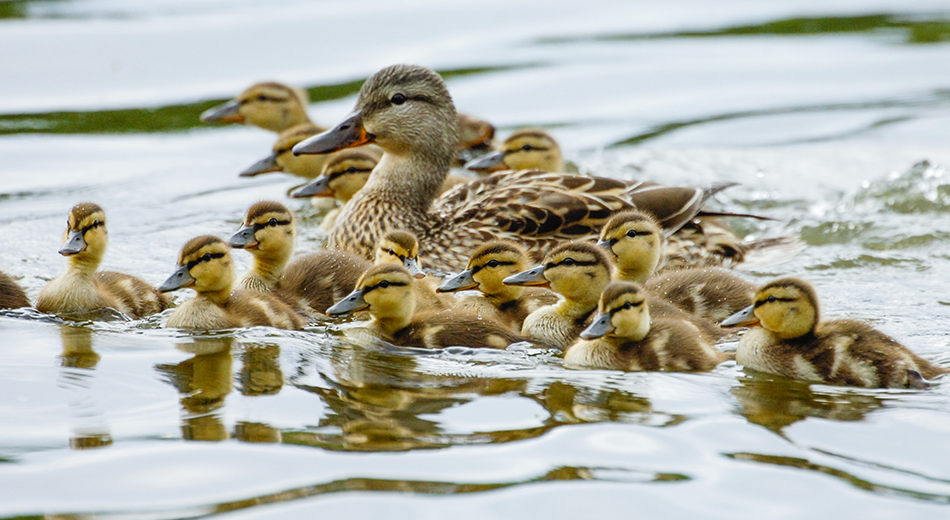
North Dakota Breeding Waterfowl Survey Shows Drier...
6/20/2025
North Dakota Game and Fish reports a 26% drop in mallards, while teal and pintail numbers also fell significantly
Read More
The Duck Hunter’s Guide to Picking A Puppy
6/18/2025
It’s a moment every waterfowl hunter loves … and dreads. You’re in a clean, well-lit kennel building or a grassy backyard with a 3-foot tall wire playpen
Read More
USFWS Annual Proposal Includes Expansion of Huntin...
6/12/2025
Vigorous Duck Production, HunteR3, and other Delta-supported efforts continue across the United States and Canada
Read More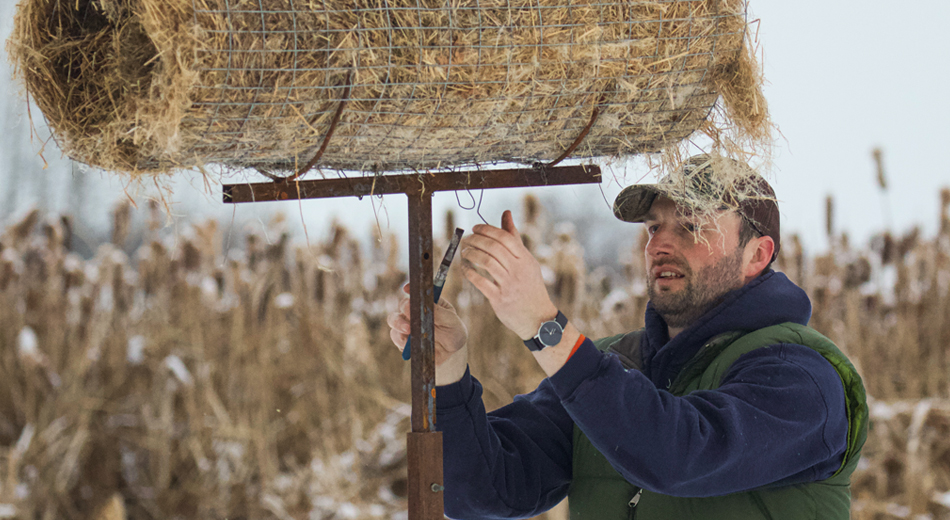
Delta Waterfowl Duck Production Program Gets Boost...
6/11/2025
APOS support will fund the installation of 400 new Hen Houses to increase mallard populations
Read More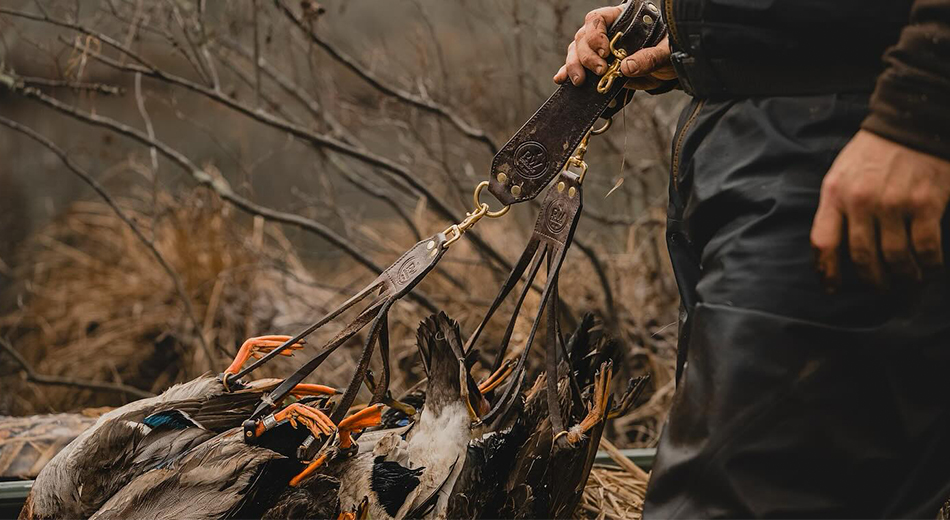
Delta Waterfowl’s ‘Volunteer Appreciation Night Ou...
6/10/2025
The Duck Hunters Organization will gather to celebrate the flock of more than 5,500 dedicated volunteers
Read More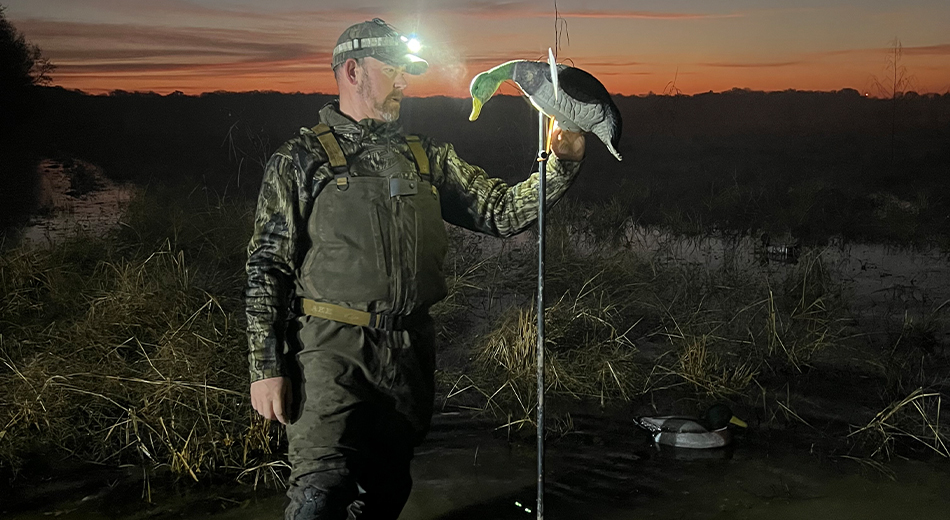
Delta Waterfowl Supports USFWS Annual Hunt Fish Ru...
6/5/2025
Migratory bird hunting opportunities would expand on four federal refuges; Public can submit comments until June 30
Read More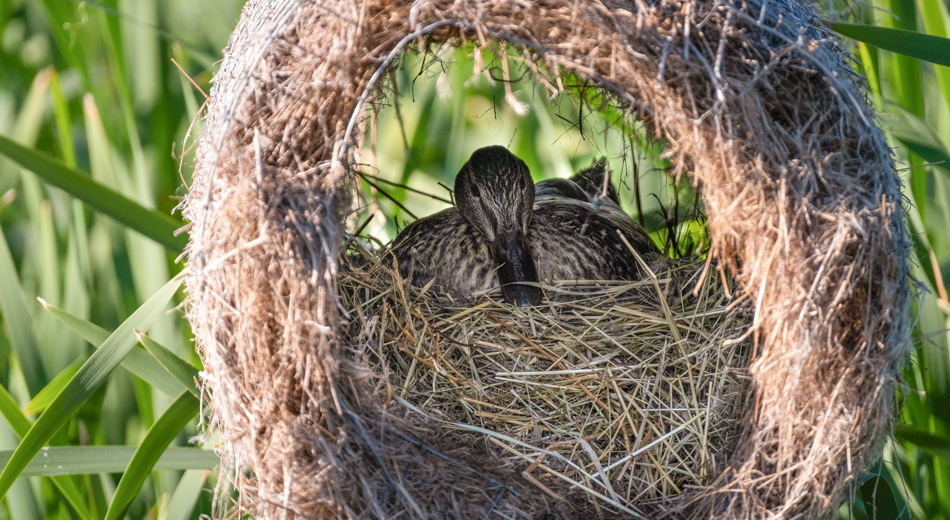
Delta Waterfowl Awarded Grant from Manitoba Conser...
6/5/2025
Funding will boost Hen House and hunter recruitment programs
Read More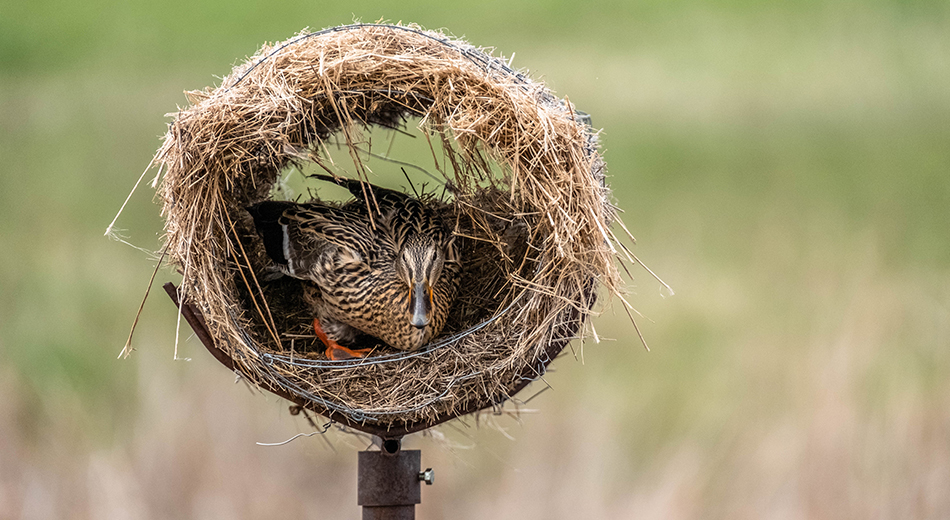
Delta Waterfowl Receives Wildlife Habitat Canada G...
6/4/2025
New funding advances nesting structures and hunter recruitment programs
Read More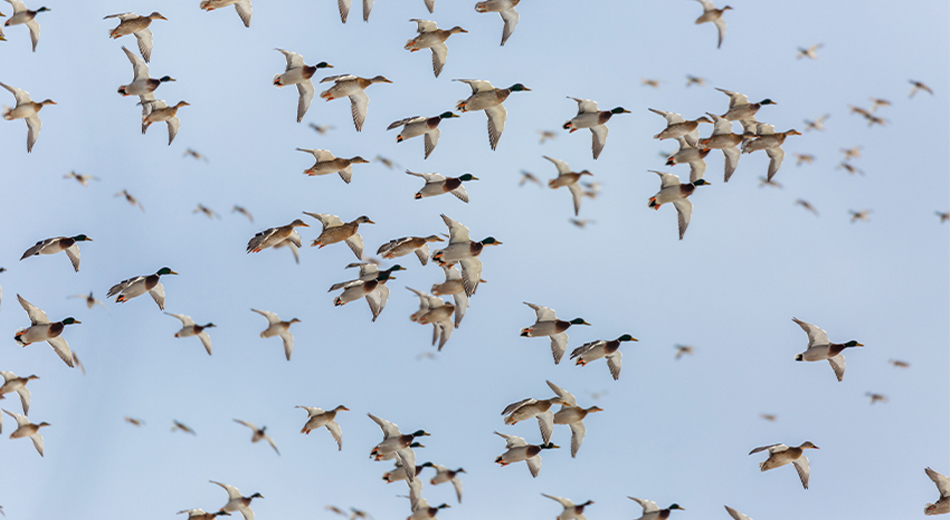
Delta Waterfowl Renews Federal Ammunition as Champ...
6/4/2025
Find the Delta Waterfowl logo displayed on boxes of Federal’s Speed-Shok shotshell loads
Read More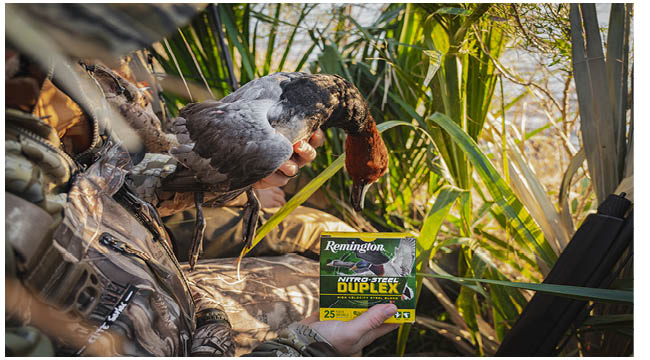
Delta Renews Remington Ammunition as a Champion of...
5/15/2025
Remington Ammunition builds on its reputation of innovation with the newly debuted Duck Club Steel shotshell load
Read more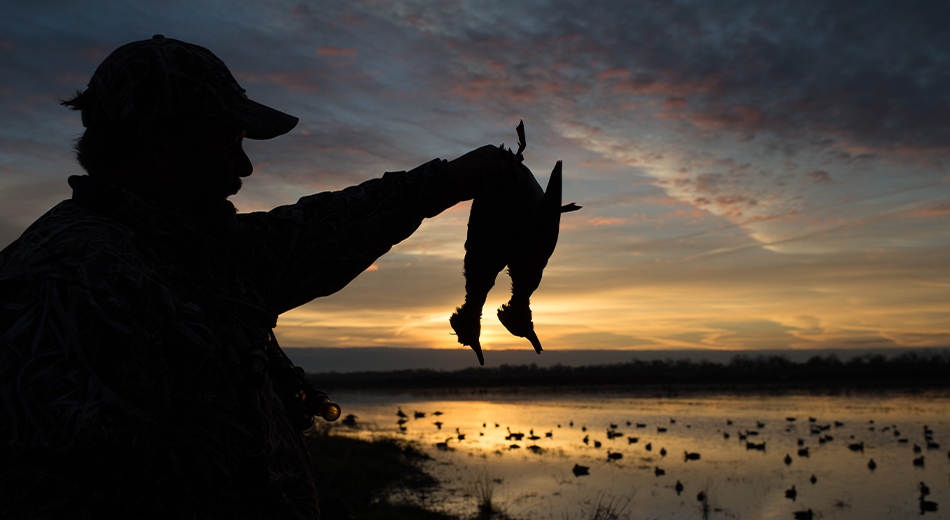
Delta Waterfowl Applauds Commitment to Restore Cri...
5/14/2025
State to invest $29 million to revitalize White Lake Wetlands Conservation Area
Read MoreGet Involved
Check out all our upcoming events for a chance to connect with local duck hunters
Upcoming Events
SD004 - Jim River Marsh Masters Chapter - Aberdeen, SD
7/12/2025
Saturday, July 12, 2025 Aberdeen, SD
View EventND005 - Agassiz Four Curls Chapter - Fargo, ND
7/17/2025
Thursday, July 17, 2025 West Fargo, ND
View EventHQ001 - Delta Waterfowl Duck Hunters Banquet & Champions of Delta Luncheon
7/25/2025
Delta Waterfowl Duck Hunters Banquet: Friday, July 25, 2025 Champions of Delta Luncheon: Saturday, July 26,2025 Oklahoma City, OK
View Event